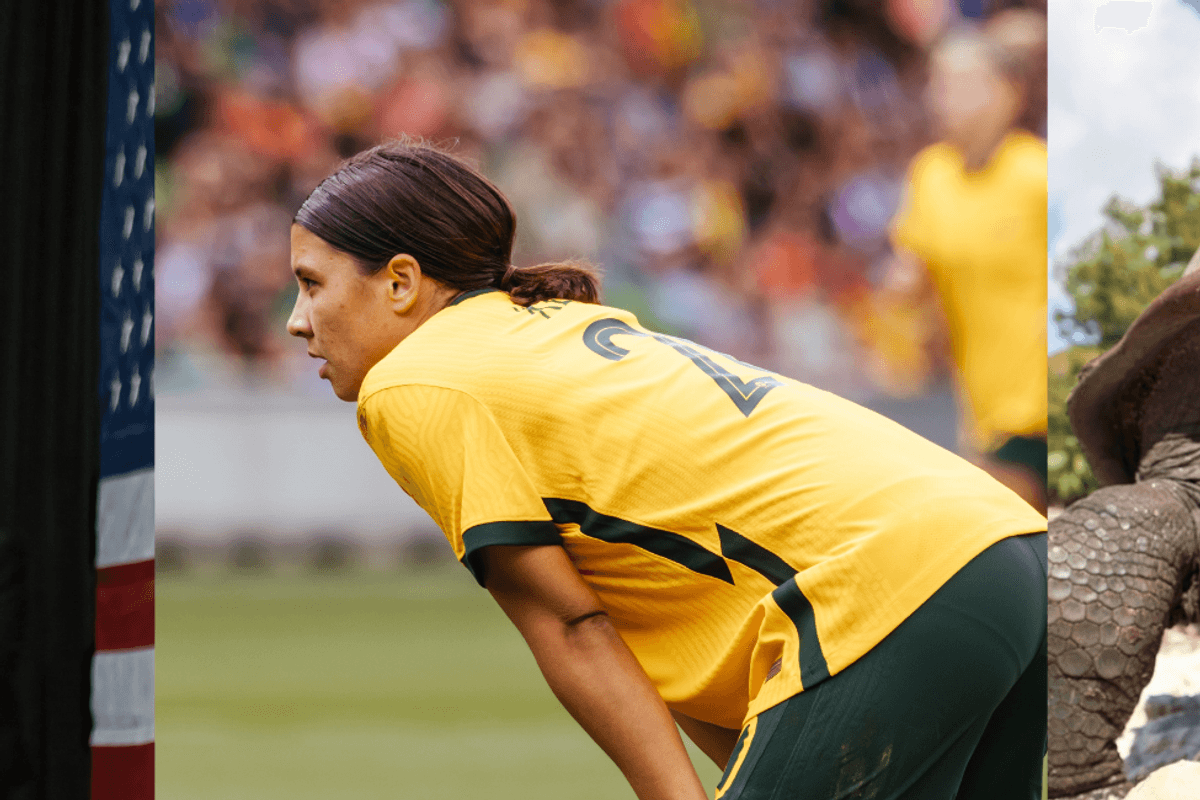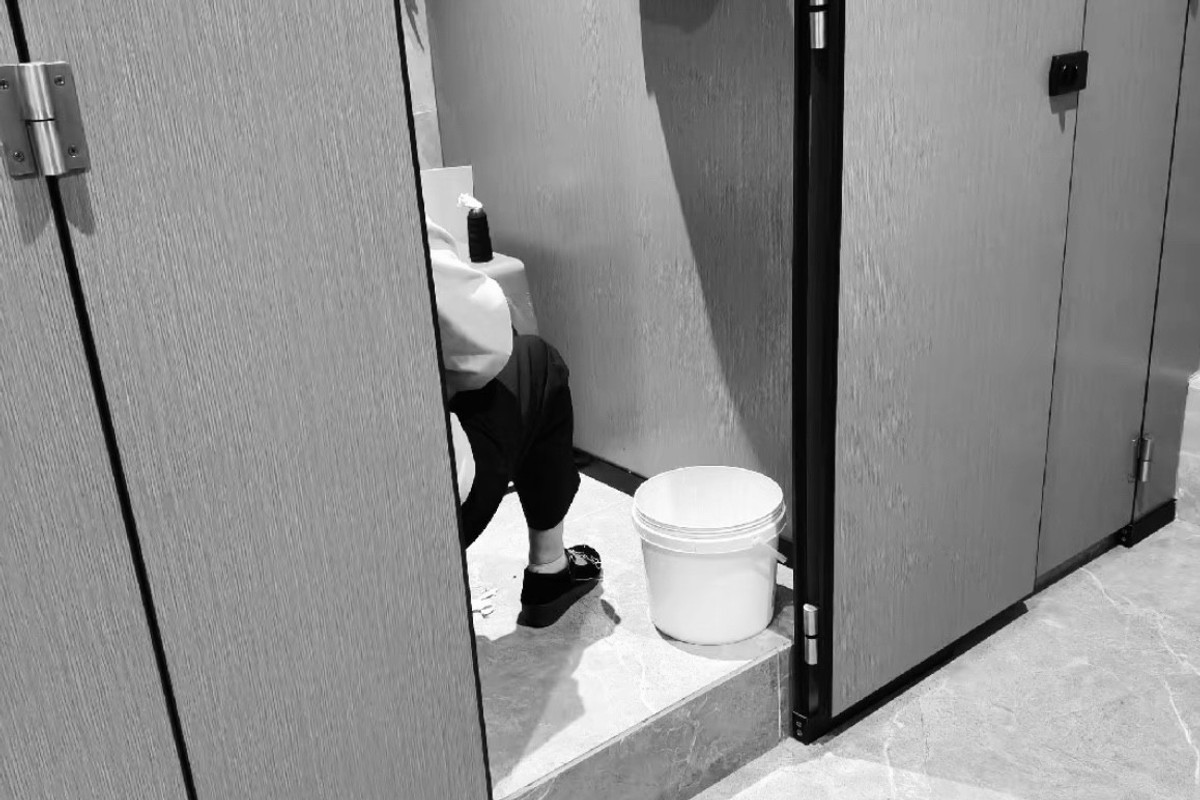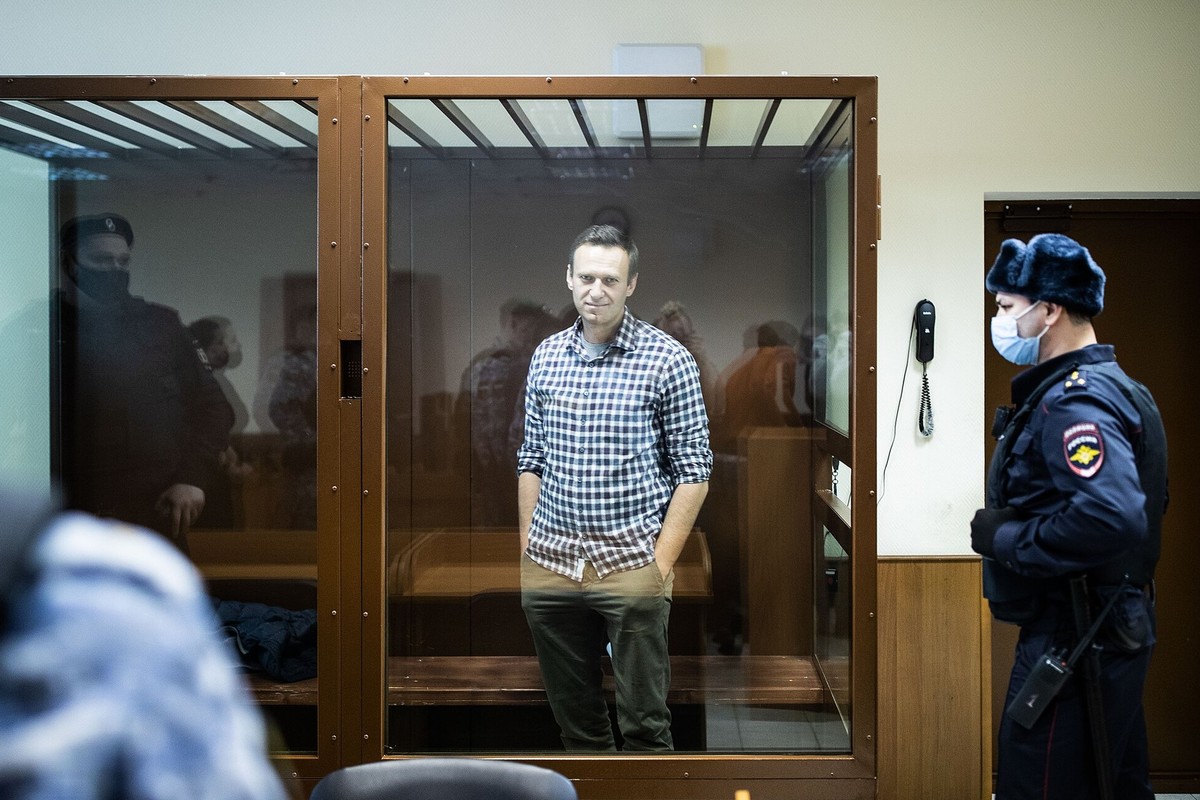A recent state government review recommends keeping doli incapax, the law that states children under 14 cannot be held criminally responsible as they may not understand difference between right and wrong.
A major independent review has just reignited debate about whether children aged 10 to 14 should be held criminally responsible for their actions, after the New South Wales government released findings that recommend preserving — and strengthening — the legal protection known as doli incapax.
This review comes at a time when youth crime has been receiving sharp media attention, with several high-profile incidents involving children as young as 12 accused of break-ins, car theft, street offences and sometimes more violent offences.
News coverage and talkback radio have highlighted community frustration and safety concerns, often calling for tougher penalties or a zero-tolerance approach.
At the same time, legal experts, youth workers and researchers note that these cases represent only a small portion of children in this age group and warn that criminalising young children only makes it harder for them to turn their lives around.
So what exactly is doli incapax, why does it matter and what happens next?
What is doli incapax?
Doli incapax [Latin for "incapable of evil"] is a common law rule that presumes children aged 10 to 14 cannot be held criminally responsible because they do not yet fully understand the difference between "naughty" and serious morally wrong conduct.
In NSW, children under 10 cannot be charged for criminal activity at all. For those aged between 10 and 14, prosecutors must prove beyond reasonable doubt that the child knew an act was morally wrong at the time they did it, not just that they understood it was against the rules.
The NSW Judicial Commission explains that prosecutors need evidence showing the child appreciated "serious wrongness" rather than ordinary misbehaviour.
This framework was affirmed by the High Court in a 2016 case where the court stated that lawyers need to prove what the child actually understood at the time of committing the offence, not what they realised later when questioned by the police.
Why is this in the news now?
On 25 October, the NSW government published an independent review of the presumption. The review recommended keeping doli incapax and codifying it in legislation, meaning the rule would be written into law rather than just operating as common law.
Writing it into legislation would make the rule harder to overturn, because common law can change when courts make new decisions, while legislation can only be changed if Parliament votes to change it.
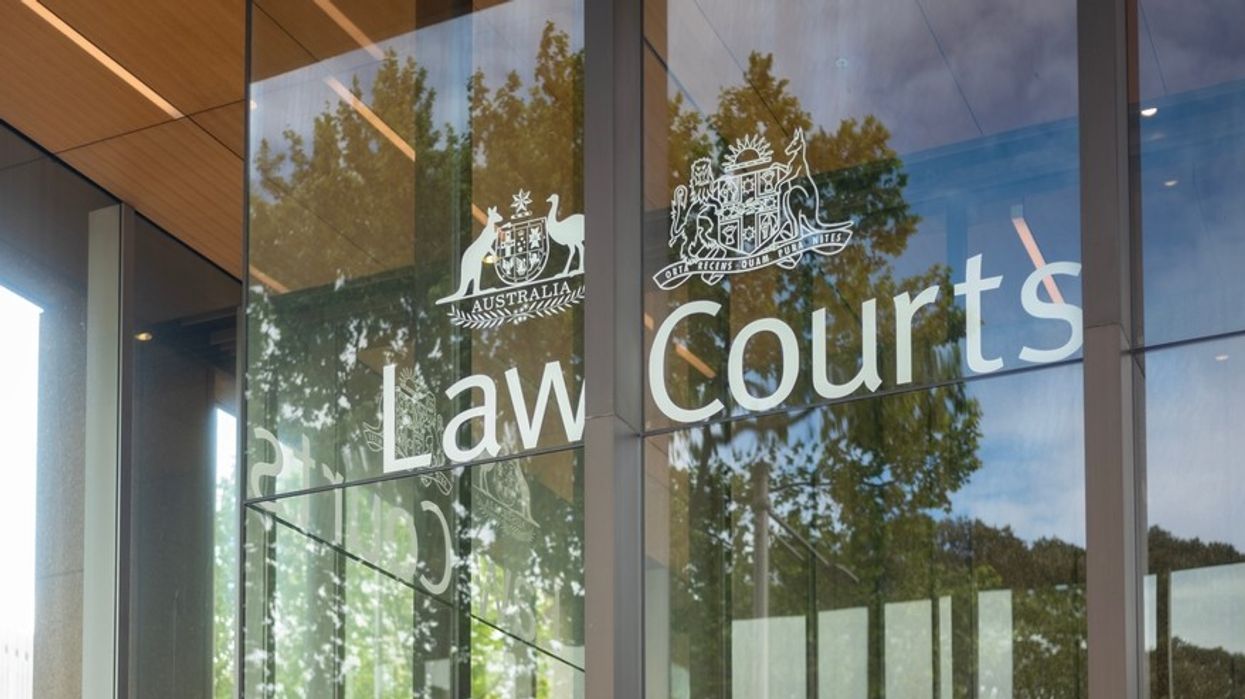
The reviewers, former Supreme Court judge Geoffrey Bellew and former NSW Police Commissioner Jeffrey Loy, said the threshold for prosecuting young children is "high", but stressed this is an important safeguard given their developmental vulnerability and the lifelong impact of criminalisation.
They also suggested reforms to diversion programs, including allowing police to caution a child who does not deny an offence, so young people who need help don’t fall through the cracks.
The review also arrives as youth justice laws are shifting in other states. In Victoria, the government has announced controversial new reforms that would allow children aged 14 and over to receive adult sentences for a range of serious offences, prompting national discussion about how best to respond to youth crime.
The NSW government said it would "carefully consider" the recommendations, stressing the need to balance community safety with child wellbeing.
Is youth crime rising?
It’s complicated.
While some recent incidents have generated community fear and political pressure, NSW Bureau of Crime Statistics and Research (BOCSAR) data shows the proportion of 10 to 13-year-olds found guilty of serious crime has fallen from 76 per cent in 2015 to just 16 per cent in 2022.
Media coverage has included emotionally charged victim accounts, including those calling for harsher consequences.
But researchers and legal groups warn against letting isolated serious cases drive policy, especially when evidence has found that only a small proportion of children in this age group commit serious offending.
What happens in other parts of Australia?
Nationally, the starting point is similar. Children under 10 cannot be charged with a federal crime and for those aged 10 to 14, the law assumes they do not fully understand the seriousness of what they have done.
However, some states and territories have taken different steps. The ACT has passed laws to lift the age of criminal responsibility to 14. Victoria has raised it to 12. Tasmania has announced its plans to move to 14 in the coming years. Others, including Queensland, South Australia and Western Australia, currently keep the age at 10.

There has been ongoing debate about whether the national age of 10 should change, and some experts and organisations have called for the age to be changed to 14 across the country.
Why does this principle exist?
The core idea is that children do not think like adults. Their brains are still developing in areas tied to impulse control, foresight, and moral reasoning.
The review emphasised that the presumption recognises children’s "considerable vulnerability" and the long-term harm a conviction can cause.
Youth legal advocates also argue jail and criminal penalties increase the likelihood of re-offending, especially for traumatised or disadvantaged children.
Could the law change in the future?
Possibly but the NSW government has insisted that reforms must "operate in the best interests of children and the broader community" and says it will outline next steps after reviewing the report.
So, for now, this centuries-old rule still stands. According to the review’s authors, it remains a crucial safeguard in a system that’s only just beginning to reckon with how vulnerable children really are.
Related stories
NSW introduces deepfakes law
 NSW introduces new deepfakes laws
NSW introduces new deepfakes lawsThe devastating toll gambling takes on young women
 ‘Guilt, shame and fear’: The devastating toll gambling addiction has on women
‘Guilt, shame and fear’: The devastating toll gambling addiction has on womenNavigating trauma: For journalists, it's about consent, power and respect
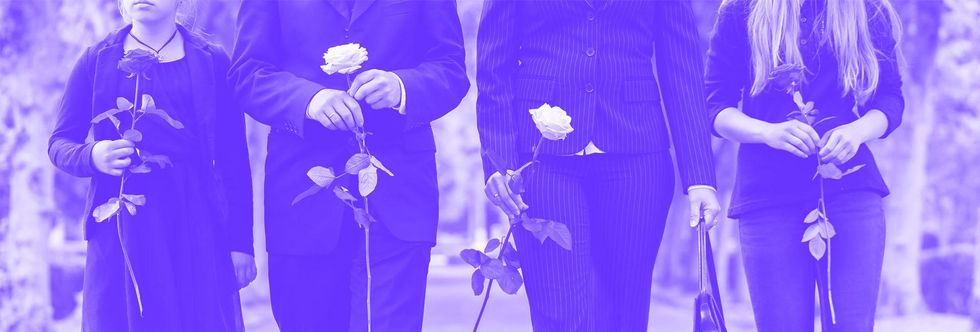 Navigating trauma: For media, it's all about consent, power and respect
Navigating trauma: For media, it's all about consent, power and respectRaahat is a fourth year Law/Media (Communications and Journalism) student at UNSW. She's passionate about justice-driven stories that empower, uplift and hold those in power to account.


